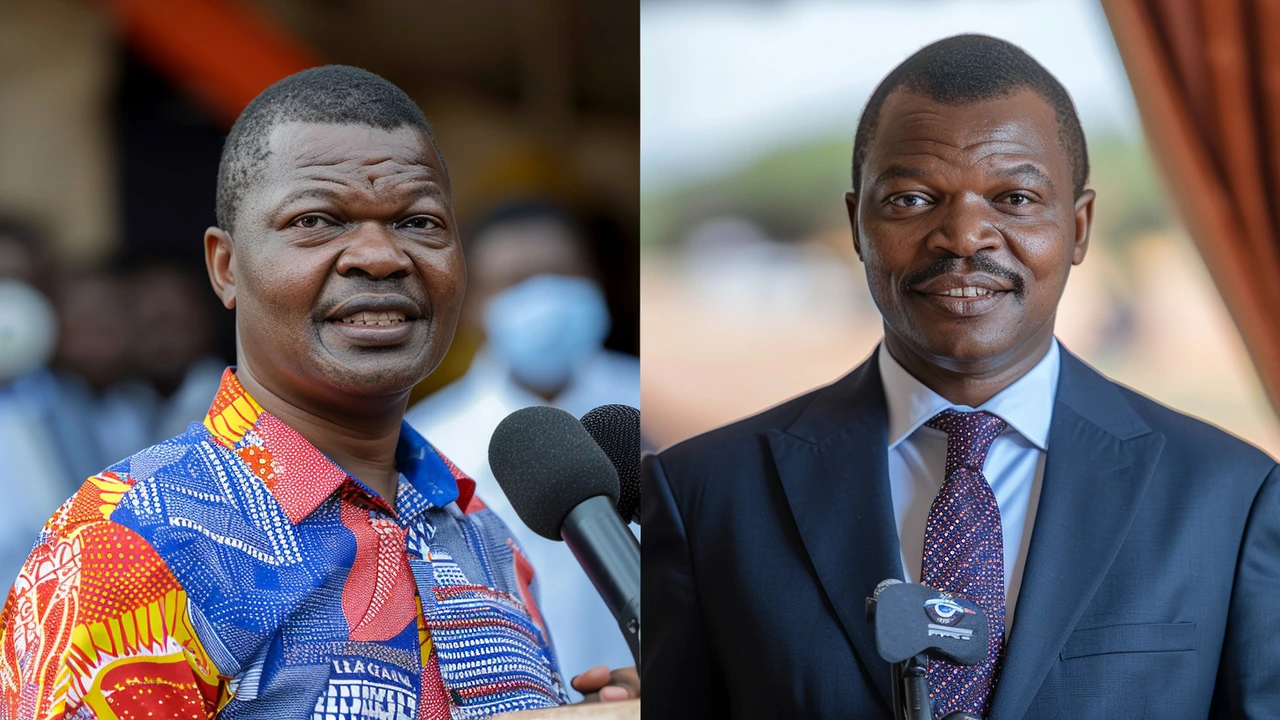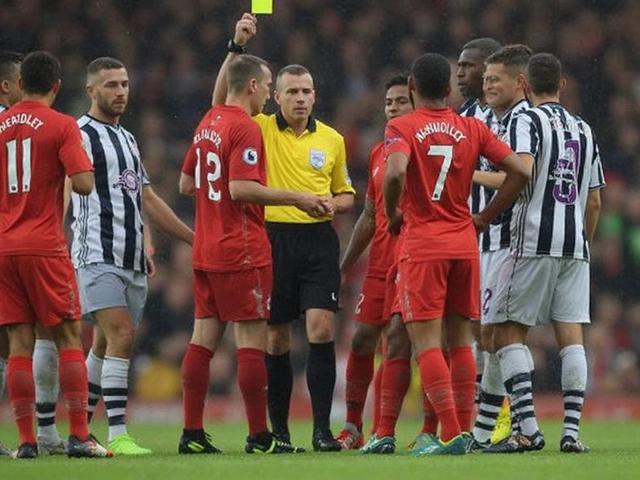Social media outrage: why online backlash explodes and what to do
Seen a viral post and felt your blood boil? Social media outrage is that snap reaction people share, comment on, and pile onto. It can blow up a private dispute, a sports moment, or a political move into a full-blown crisis in hours. Knowing how it starts helps you avoid getting fooled or fueling the fire.
Why social media outrage spreads so fast
Emotion drives clicks. Platforms push what gets reactions, and angry posts get huge engagement. A heated referee call, a celebrity feud, or a political stunt becomes headline fuel — think Messi’s clash with a ref or a politician returning to a contested city. Bots, edited clips, and missing context make it worse. People share before they check because outrage feels urgent.
Not all viral storms are equal. Some are about real harm, like attacks on a public figure’s home or serious corruption claims. Others are misreads — hacked accounts, old footage presented as new, or gossip presented as fact. Spotting the difference matters for victims and bystanders alike.
Real examples and what they teach us
Look at public rows that started online: a celebrity breakup announced then denied, a prize winner saying they never got their rewards, or a politician’s surprise return to a rebel-held area. Each case shows common triggers: sudden claims, emotional language, and a lack of quick official clarity. Sports incidents also spark outrage — a disputed call in a big match can send fans into a frenzy and drown out measured coverage.
When an event is tied to safety or politics, the stakes rise. Outrage around xenophobia or violence can fuel real-world harm, so accuracy matters more than ever. False or rushed posts can make bad situations worse.
Want practical steps? Here’s how to act when you see a trending outrage.
First, pause. Don’t retweet or repost immediately. Check for an official statement from involved parties or trusted news outlets. Look at timestamps and reverse-search images if something seems off. Two quick searches will often tell you if a story is fresh or recycled.
Second, think before you react. Your comment can add context or calm, or it can spread panic. If you’re unsure, ask a question instead of amplifying a claim: "Is this confirmed?" is stronger than sharing it as fact.
Third, protect people. If a post targets an individual with doxxing or threats, report it to the platform and avoid sharing that content. If it’s about public safety, rely on verified sources and official channels.
Outrage won’t stop, but your choices can reduce harm. Verify, pause, and pick trustworthy sources. That’s how we keep momentum from turning into misinformation or real-world damage.
Speaker Moses Wetangula has instructed Majority Leader Kimani Ichung'wah to liaise with Police Inspector General concerning the abduction of Gabriel Oguda. Oguda, a policy analyst, was taken in the early hours of Tuesday, sparking a social media outcry. Law Society President Faith Odhiambo has called for the immediate release of those detained.
Recent-posts
Jul, 25 2024






